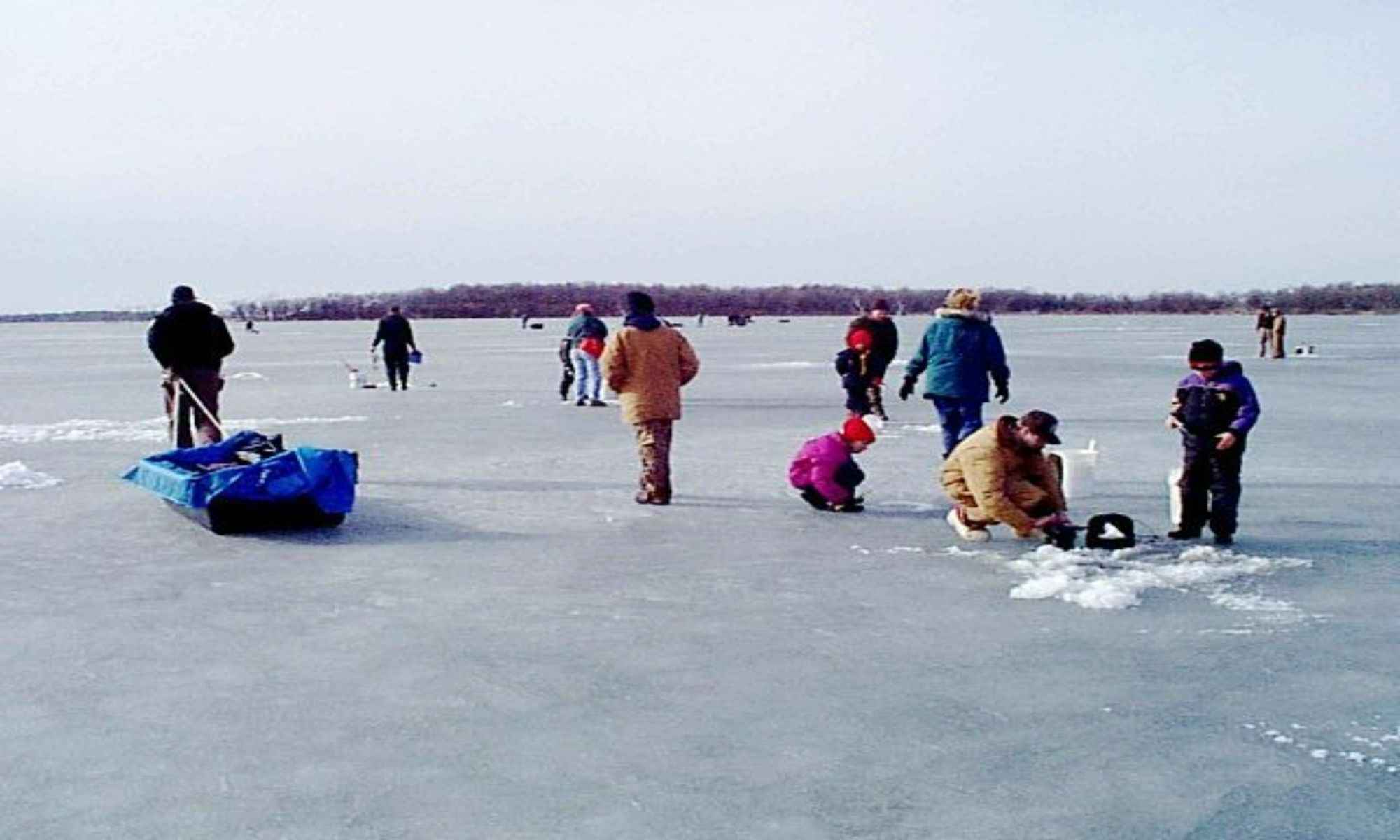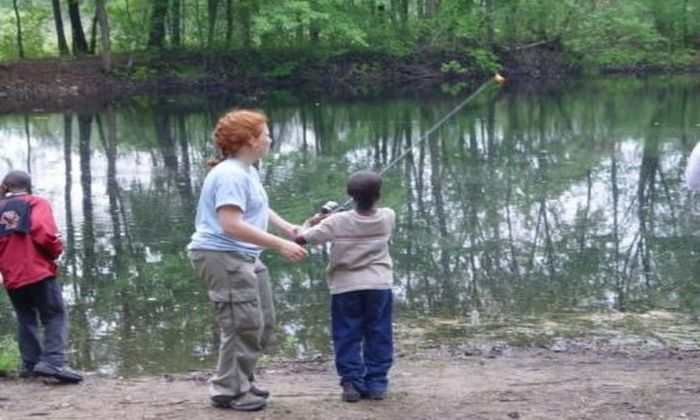How to Choose the Best Fishing Method if You're a Beginner
A guide on which fishing method you should use when you're just starting out.

Fishing can be an overwhelming thing to learn. For beginners, the three biggest challenges they will encounter are finding fish, using the correct tackle, and using the best technique. This guide will help you know more about the best fishing techniques you can start with.

A bit of gear and a fishing license can get you to fish in various methods suited for the novice angler. But arguably, the easiest way when you’re starting as an angler is spinning or spin fishing. This is because it doesn’t require much investment regarding what you’ll need and where you plan on being. You will need a rod with a spinning reel and lures or live bait to use this technique. It’s also a good place to begin rather than simple baitcasting because it’ll help you get used to reeling in fish rather than just pulling them out of the water. It also lets you add features and customizations to your gear and equipment.
There are many things to consider in choosing the suitable angling method, especially if you’re starting and aren’t aware of all the things that go into a productive fishing session. Here are some things and fishing tips you need to think about when choosing the best fishing method as a beginner angler:

Where Are You Fishing?
This pertains to the specific fishing spot you choose and the regional or statewide aspect. In a broad sense, some states let you fish in any way you please with some limits and specific regulations, while others don’t allow certain methods such as ice fishing, spearfishing, and bowfishing due to reasons related to safety or sustainability. Knowing local rules and regulations and having your fishing license sorted out can help you narrow down what technique you’ll start with. This is why spinning is perfect for beginners because anywhere in the country permits it.
More specifically, you should also consider fishing from freshwater or saltwater areas. Knowing this will guide you to which gear and equipment you need to use and, therefore, what method to use them with. It's also helpful to note that saltwater fishing and freshwater fishing can widely differ as techniques. It also helps to know how calm or active and how deep or shallow waters are to employ the proper technique. Research what kind of habitat for fish a place is. For example, if you find that a waterway holds plenty of fish in deeper areas because it has a rich and thriving underwater environment, you can use bottom fishing or deep sea fishing as a method. If fish in a certain area live in rapid waters and you need to fight for their attention and lure them with your bait, you can use the popping method. If you find yourself in a beachy area, that's when you can do some surf fishing.
What Are Your Targets?
Certain species of fish can be caught more efficiently and effectively using specific techniques. So knowing what you’re aiming to hook can help you find out what you’ll need to do. A good example would be fly fishing, an excellent way to catch freshwater and saltwater species such as rainbow trout, brown trout, steelhead trout, sea trout, tarpon, Atlantic salmon, permit, bonefish, billfish, and snook. These fish make terrific fly fishing targets because they suit anglers keen on making the perfect cast, presentation, and hook set which the method mostly requires. Aside from fly fish targets, there are also methods that are very effective when you're just looking to stock up on bait fish. You can also determine how to catch your targets when you consider their composition and habitats. Whether you're looking for smaller fish, freshwater fish, and anything around and in between, doing some research on your target fish species can be very beneficial to finding out what techniques to use.
What Are You Using?
The type of rod and reel and fishing gear you have will dictate what kind of fishing you’ll do. You can’t go kite fishing if you have a bow and arrow rod. Beginners usually start with spinning or spincast rod and reel combos as they’re versatile and easy to learn. A rod and reel combo and the appropriate fishing line can go a long way in letting you do more types of fishing. Your gear can get more complicated and more customized for specific types of fishing because you will need equipment with specialized features.
Deciding what lure or bait to use can help you determine how to present them. Fly lures are designed for fly fishing, jigs are for jigging, spinnerbaits, and crankbaits are for spinning.
Think about how big and strong the fish you plan to catch because rod and reel combos are designed for either light tackle fishing or heavy tackle fishing. This will save you the stress of wondering whether your gear, equipment, and accessories will get damaged.

You don’t need a boat to fish, especially when you’re just starting, but it does help you cover more ground and opens up more ways of landing game. You can utilize drift fishing and trolling when you are on a boat. Both require moving through the water along with your lure or bait. Kayak fishing is also popular among boat anglers. A good kayak fishing tip is to choose a kayak that suits whether you're going to use the vessel for fly fishing or trolling.
When Are You Fishing?
Knowing the climate, weather, or season before you set out can be handy because some techniques do better than others depending on these conditions. In the winter, ice fishing is the way to go, especially in bodies of water that have frozen over. Fly fishing does well in windy conditions, while surf casting can be adapted for small or large swells.
Who Are You Fishing With?
Angling is a sport that offers a sense of community. One of the benefits of fishing is the mentorship relationship with more experienced anglers. If you’re not sure what method, to begin with, it doesn’t hurt to ask a veteran or expert. They will effectively guide you in catching fish, especially if you are in a specific body of water or area. There is also the added benefit of a more hands-on approach to learning to fish.
Finding the best way for a beginner angler to hook, reel in, and catch fish can be simplified if you have all these things in mind. Remember that fishing requires patience, not only for catching fish but also for yourself. Be open and try different techniques and see what floats your boat, and don’t forget to have fun.




